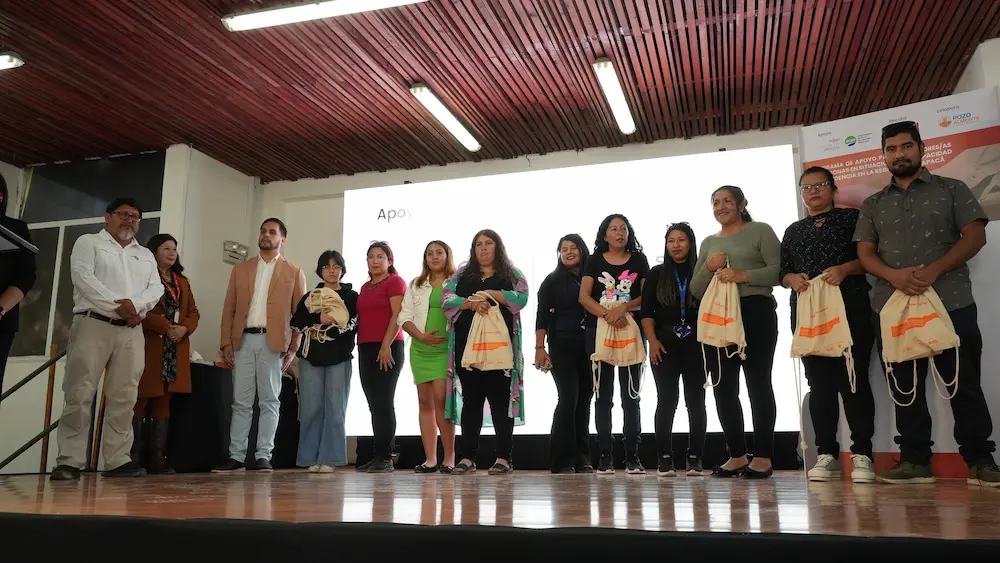News
Comprehensive support program launched for caregivers of people with disabilities.

The Fundación Chilena para la Discapacidad (FCHD), together with SQM Iodine and Plant Nutrition, officially launched the Support Program for Caregivers of Disabled and Dependent People in the Tarapacá Region at Pozo Almonte. The Caring for Caregivers initiative aims to provide comprehensive support for caregivers and improve quality of life for disabled people in the region.
Initiatives that value the work of caregivers are crucial given the 31,235 adults with disabilities and 17,877 dependent persons residing in the Tarapacá Region (ENDIDE, 2022). Most caregivers are family members, primarily women, who are unpaid for their efforts and face significant challenges impacting their physical, mental and social wellbeing.
The Caring for Caregivers program will provide comprehensive physical, psychological and educational support. The approach aims to foster self-care, caring for others and small business development, thus promoting co-responsibility in caregiving duties. The initiative will directly benefit 60 people in the towns of La Tirana and Pozo Almonte, where each participating household will have two representatives: the primary caregiver and a significant other, who will provide support for caregiving duties.
“The foundation’s work is closely tied to the needs we detected in the different areas, which gave rise to the program aiming to support caregiving and improve quality of life for caregivers and the disabled and dependent people to whom they provide care. This aligns with the foundation’s mission of reducing environmental barriers,” FCHD Founding President Matías Poblete said at the ceremony.
Gary Mérida, Head of Community Relations at SQM Iodine and Plant Nutrition, highlighted these efforts, adding, “We are addressing a critical reality in the area. Many caregivers are direct family members. This program will improve their family circumstances and quality of life for these people, which pleases the company tremendously.
The work plan includes periodic assessments to measure impact and make the necessary adjustments. It also involves pre- and post-implementation assessments as well as participatory qualitative analysis to ensure program success and continuous improvement. The program represents significant support for those who take on the challenge of caring for disabled and dependent people by easing their burden and improving their overall wellbeing.
